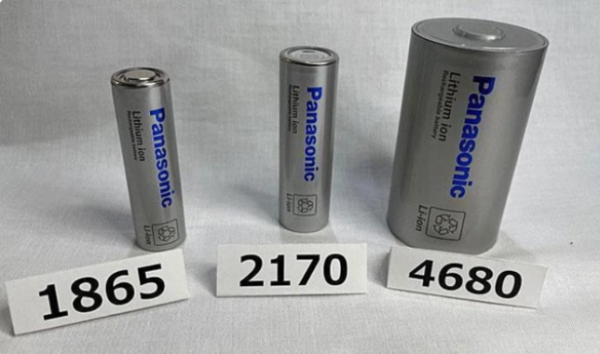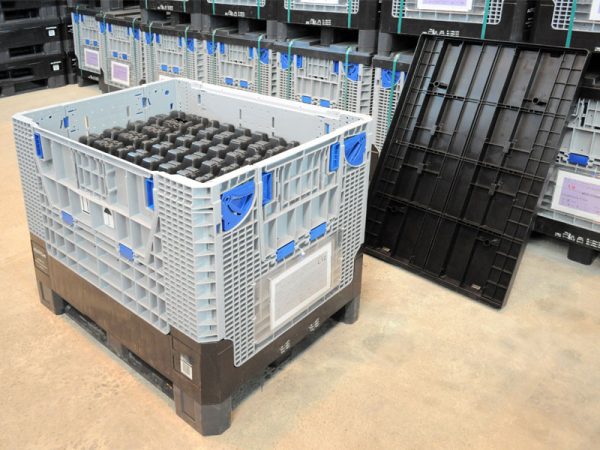Panasonic Energy (Panasonic for short) said at a June 1 legal meeting that by 2028, its vehicle battery production capacity will be expanded by 3 to 4 times, mainly in the North American market. In addition, regarding the company’s new 4680 large cylindrical lithium-ion battery for vehicles that the company plans to mass-produce at the Wakayama factory in Japan, it will be ahead of other competitors and is expected to be supplied to Tesla from 2023.
Kazuo Tadanobu, head of Panasonic’s battery division, said the company will build a new battery factory in the United States and is currently selecting locations in Kansas and Oklahoma, which will supply Tesla’s Texas factory after completion.

It was previously reported that in April this year, Tesla began delivering Model Y from its new Texas factory, and at the Cyber Rodeo opening event, Tesla delivered the first batch of cars equipped with 4680 self-developed cells. However, Tesla needs more batteries, so it urgently needs to work with battery suppliers to produce more new 4680 cells. As Tesla’s battery partner, Panasonic’s batteries are obviously high hopes for Tesla.
According to Panasonic’s latest performance outlook, sales of the automotive division in fiscal 2022-2023 (ending March 2023) will increase by 19%, and operating profit will increase by 16.6 billion yen (approximately RMB 855 million). About 14% of revenue came from the automotive sector. Panasonic Chief Executive Kusumi Yuki said in April that it would invest 600 billion yen (about 30.9 billion yuan) in the future in car batteries, supply chain software, and other areas considered core to growth.

It is reported that Tesla released the 4680 battery at the “Battery Day” event in 2020. This battery has a diameter of 46mm and a length of 80mm. The power output has been increased by 6 times, and the cruising range has increased by 16%. costs fell by 14%.
Tesla has been producing the new battery in limited quantities at a factory near its Fremont factory. While Tesla can produce its own 4680 cells, it also relies on partners to help meet demand.
In terms of battery supply, Panasonic has been a major partner of Tesla, which produces batteries for Tesla’s electric vehicles (including the Model 3) and energy storage products, and is Tesla’s “Gigafactory 1” in Nevada. “(Gigafactory 1) partner.
